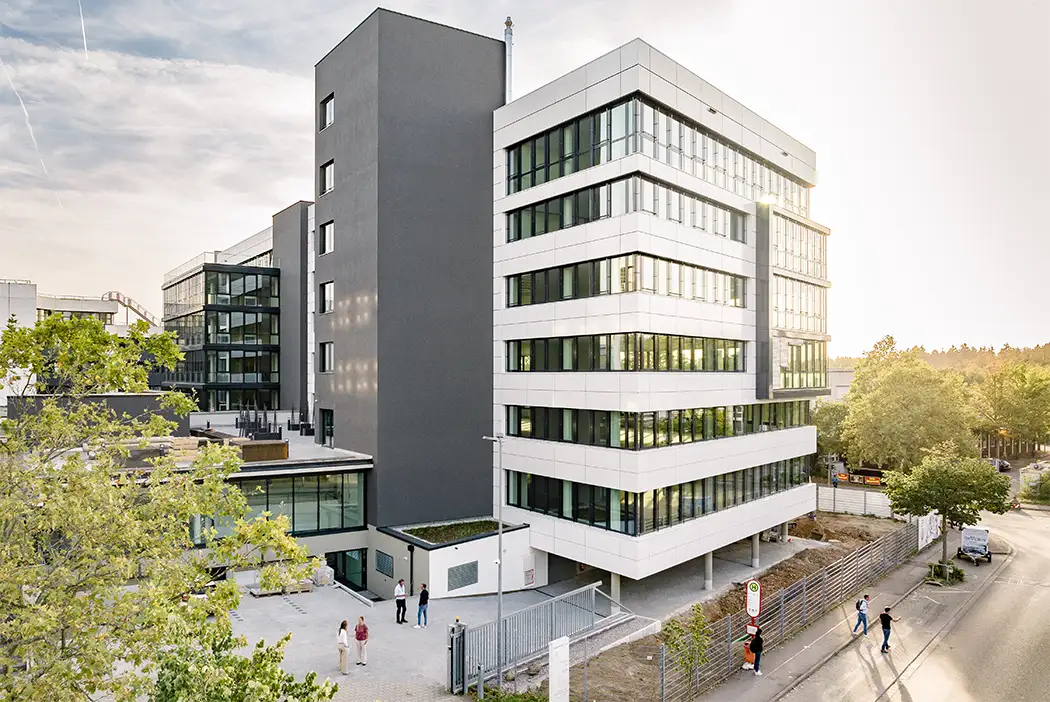The status report on the digital society underlines the importance of key areas of responsibility for the Haufe Group
How digital is Germany really? The D21 Digital Index examines this question every year. The study around digital work, digital skills and sustainability shows that "even more people than in the previous year believe that basic knowledge of digitalisation is needed for job prospects (79 percent; up 5 percent)." Respondents are divided on whether the megatrend of digitalisation makes a positive or negative environmental contribution. One of the biggest opportunities of digitalisation is seen by 44 percent as increasing the efficiency of companies. Among the risks, 59 percent of those surveyed see e-waste and 56 percent environmental damage in the extraction of raw materials.
The study provides insights into topics that the Haufe Group is also dealing with intensively: How can the digital transformation be shaped as an opportunity for as many people as possible? How do companies take their employees with them, build up not only application skills but also comprehension skills and pass on what they have learned to specific target groups?
For Birte Hackenjos, CEO of the Haufe Group, the fact that 69 percent of the study participants had to teach themselves digital skills and only 16 percent received paid training and further education from employers is not a good sign for the working world of the future. "The D21 Digital Index clearly shows that Germany has a lot of catching up to do when it comes to continuing education. We should work on this together and get better. Employees are crucial for entrepreneurial success, which is why they must be taken along and made fit for the working world of the future. As the Haufe Group, we are making an important contribution here with our Haufe Academy." The study also shows that those who would benefit most from digital offers are less likely to know about them and do not trust themselves to acquire digital skills.
Only 18 percent of respondents believe that business can contribute most to making digitalisation more environmentally sustainable. "We are aware of our responsibility to society and want to help shape the digital transformation responsibly," explains Birte Hackenjos. "Not least because we are convinced that our economic success is closely linked to sustainable action."
Sustainability is not only defined by the Haufe Group in terms of environmental protection. It is about taking a holistic view of the topic in terms of economic, social and digital responsibility. How can companies make their contribution to the most important issues of their time and at the same time still be successful, attractive employers in ten years' time? "This is the question that drives us. That's why we support the D21 initiative, to better understand where we can start and make an impact," says Birte Hackenjos.
The D21 Digital Index accompanies people in the digital transformation and shows how they are coping with the constantly changing demands. The result is a comprehensive annual status report on the degree of digitalisation in society by Initiative D21 with funding from the Federal Ministry of Economics and Climate Protection. Approximately 20,000 German citizens aged 14 and over are surveyed.
You can find the D21 Digital Index at:






.jpg)
